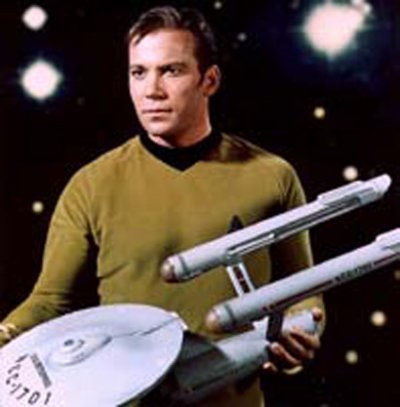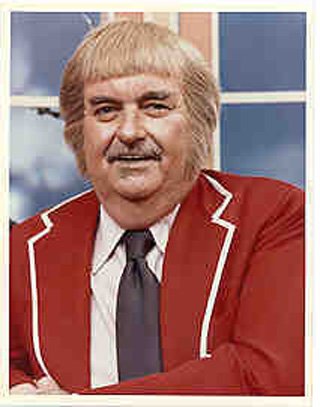I believe the attention the engine in a single or the engines in a twin get has zip, zero, nada to do with the number of engines in the boat but has everything to do with the attitude of the owner.
Each of the engines in our boat get our full attention when it comes to operations, service, maintenance, or repair. We do this because this is how we treat engines. It would make no difference if the boat had one engine or ten, each of them would be treated to the proper service schedules and inspected regularly for any potential faults and components with finite lives like pump impellers, oil, air, and fuel filters, oil and transmission heat exchangers, etc are changed on a schedule, not when they crap out. The schedules for some of these components are based on the normal lives of the components, however.
Based on most of the boat owners we know personally, single and twin, power and sail, I would say that the majority of serious cruising boat owners treat their engine or engines exactly the same as we do.
This isn't to say there aren't boaters out there who use having two engines as an excuse to be lax on service and maintenance. But to assume that this is a widespread reason boaters select twins is a bad assumption I think.






